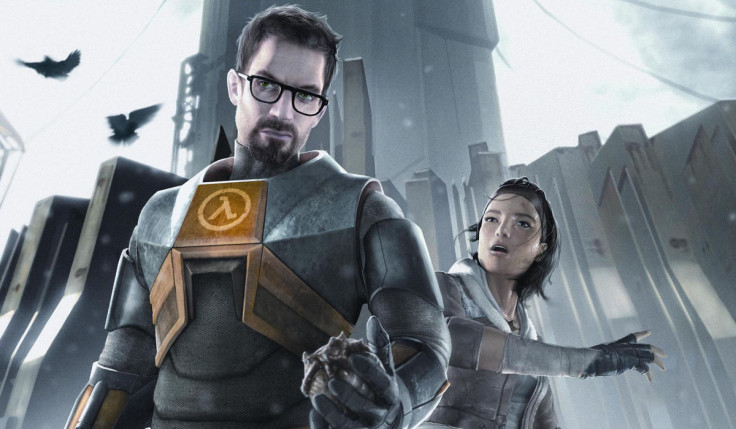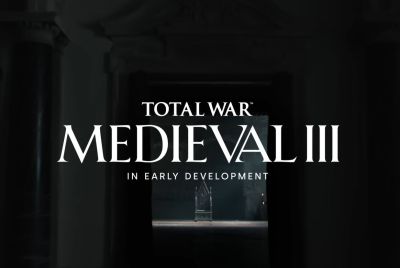What happened to Half-Life 3? Valve insider reveals how sequel 'starved to death'
Source says "The idea of a third episode of Half-Life 2, that's dead. There's no universe where that will happen."

Half-Life 3 is one of gaming's great mysteries. Why, after the cliffhanger ending of 2007's Half-Life 2: Episode Two, has there not been a follow-up? It's a question that may never get a concrete answer, but a new interview with a former employee at developer Valve reveals that the game may have simply 'starved to death' from lack of attention.
The interview was published by Game Informer after comments made by writer Andrew Reiner in the publication's latest podcast. Following a question about Half-Life 3, Reiner referenced an interview he conducted in the summer of 2015, but didn't publish at the time because it had only one source.
Game Informer has now published the full interview, making clear that the comments made have not been verified by a second source. As the article itself puts it, "take what is said with a grain of salt".
The interview starts with the source clearing up a misconception that Half-Life 3 had ever been formally announced: "There is no such thing as Half-Life 3. Valve has never announced a Half-Life 3. The closest they've come is after Half-Life 2, they said there would be three episodes. We only got two of those. That is arguably an unfulfilled promise.
"Anything else that we might think about as a full game or sequel has never been promised. I only mention that because it's sometimes frustrating when people sort of assume or have wishful thinking about the future."
On the Game Informer podcast, it was revealed that development of Half-Life 3/Episode Three (we'll just say Half Life 3 from now on) was at one stage made up of dozens of small teams working on ideas that could have potentially become the next Half-Life. These included an RTS, and a project involving real-life actors.
"Over the years, you've probably had many dozens of people within the studio as early as probably 2005 working on things that they would imagine from themselves as Half-Life 3 or Half Life: Episode 3," said the source. "If you talk to people there, you're going to get mutually exclusive information about the project from them, and for each of those people, it is correct, but will be different for the next person you talk to."
Asked about the direction of some of these projects, the source said some people at Valve were "thinking about using the Half-Life characters as a brand for entirely different purposes".
"Some were bizarre, like turning Half-Life into an RTS, or a live-action, choice-driven game. These things have been contemplated by people, but were never being considered by the whole of Valve as 'Yeah, that was the plan.' The nature of Valve is there aren't plans like that. That's not how Valve operates. Ideas come from the passion and drive of the individuals within the company's walls."
So why did a new Half-Life never take shape during these initial attempts at getting a project off the ground? "Undoubtedly what happened is a lot of things were changing for Valve," the source explained. "Orange Box launched and did its thing. People who care about Team Fortress were doing their thing. You had people trying to get something going with Counter-Strike again. You got people that are playing other games, and that led to Dota 2. You have the Steam platform itself. Left for Dead. Portal 2. The hardware teams. You have a whole bunch of pet and big projects going on.
"All of that is getting more gravity than this third episode of Half-Life. There's something with that third episode that isn't sitting right with Gabe and other people at Valve. Ultimately it just starves to death. The people that tried to give it life find themselves better off working on other projects. What you have left is nothing going on with Half-Life."
The source also says that he doesn't believe there will be another Half Life game. "It's one of those things [Valve will] always have to accept. People are going to harass them for more Half-Life. The idea of delivering a third episode of Half-Life 2, that's dead. There's no universe where that will happen. I think there is a universe where a standalone thing could come together to fill in that hole, but that's tough."
The full interview is an incredibly interesting read that offers greater insight into the inner-workings of Valve during a fascinating period of its history as it started to transition away from game development.
For all the latest video game news follow us on Twitter @IBTGamesUK
© Copyright IBTimes 2025. All rights reserved.




















